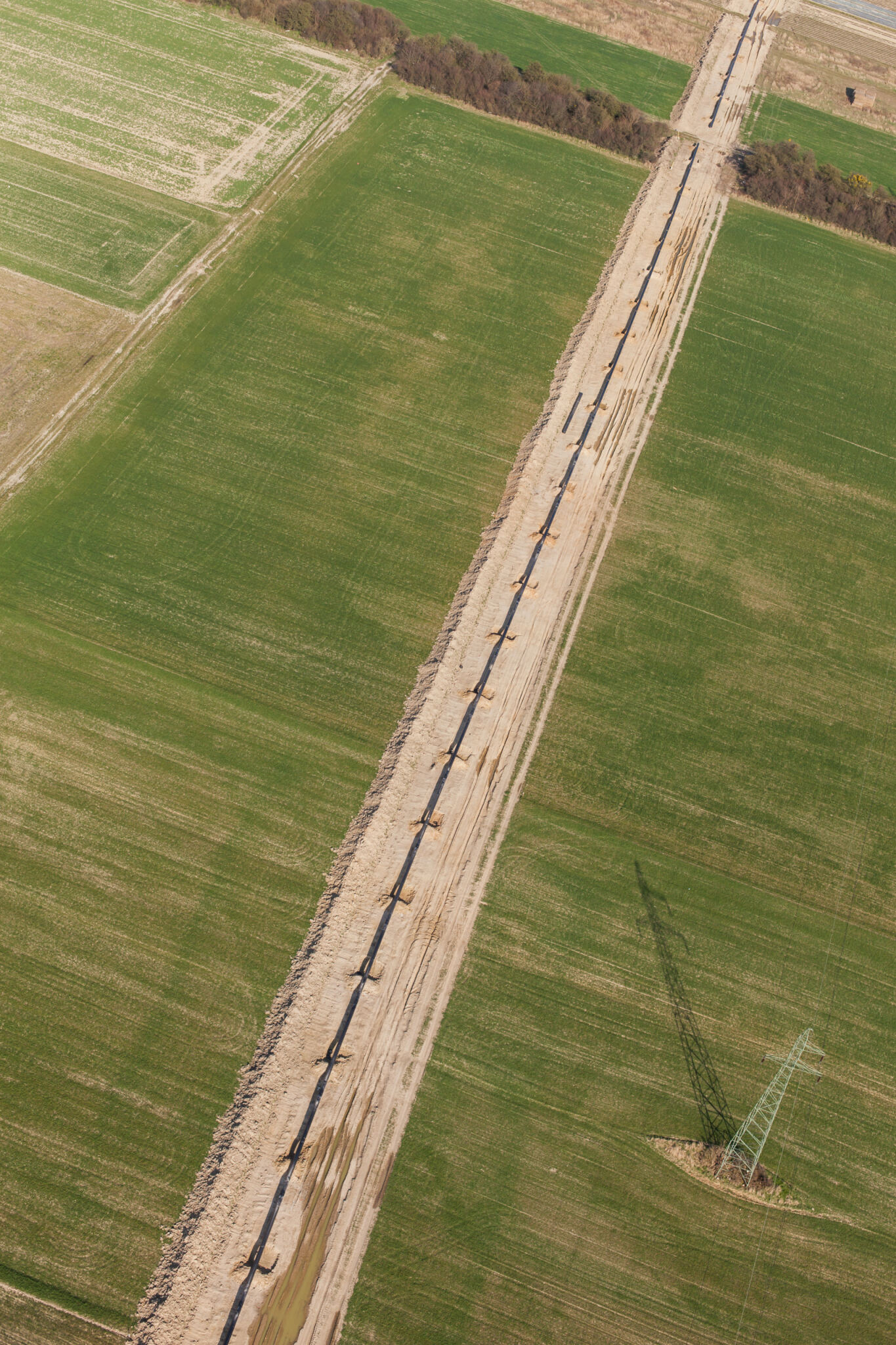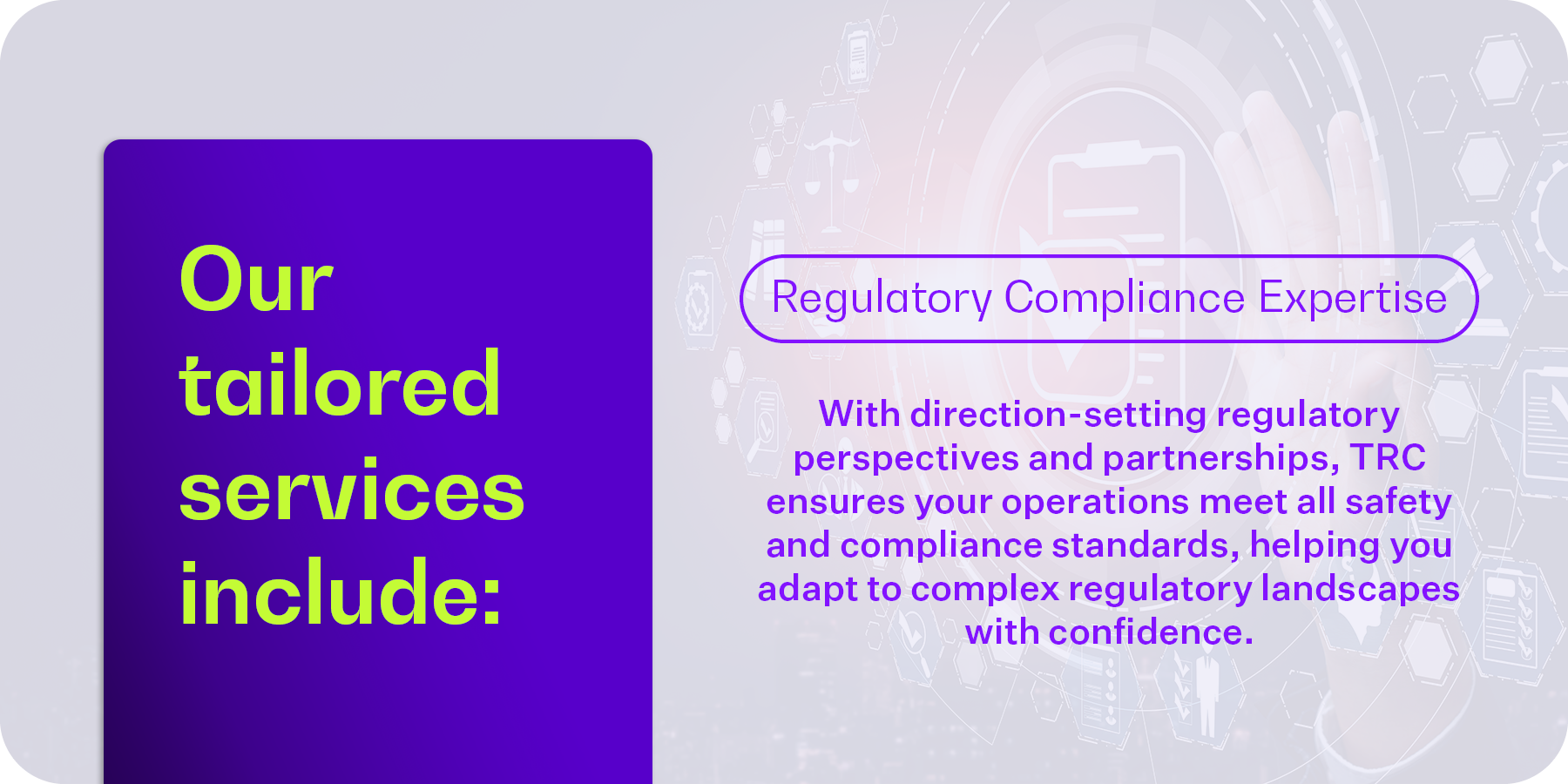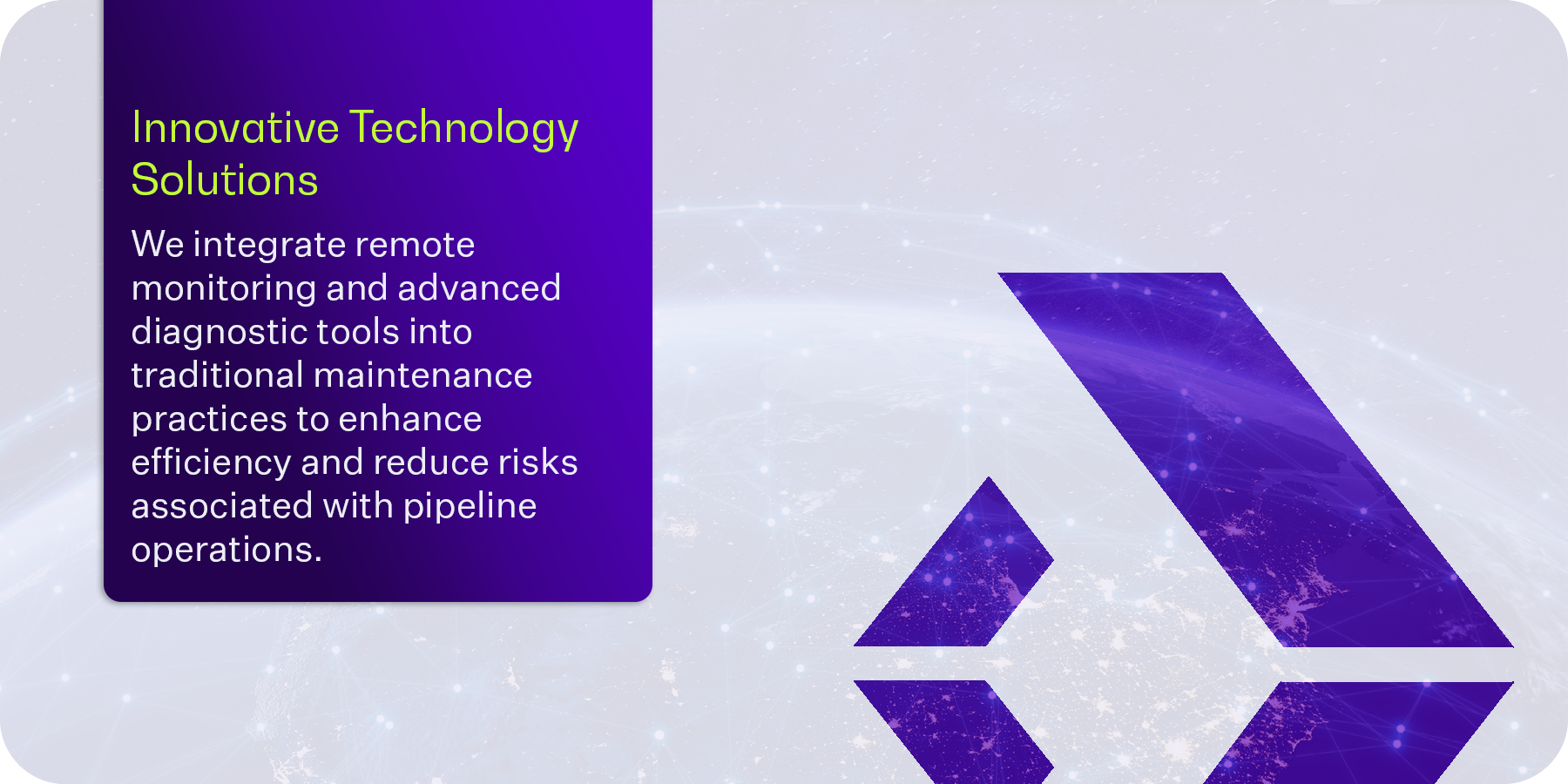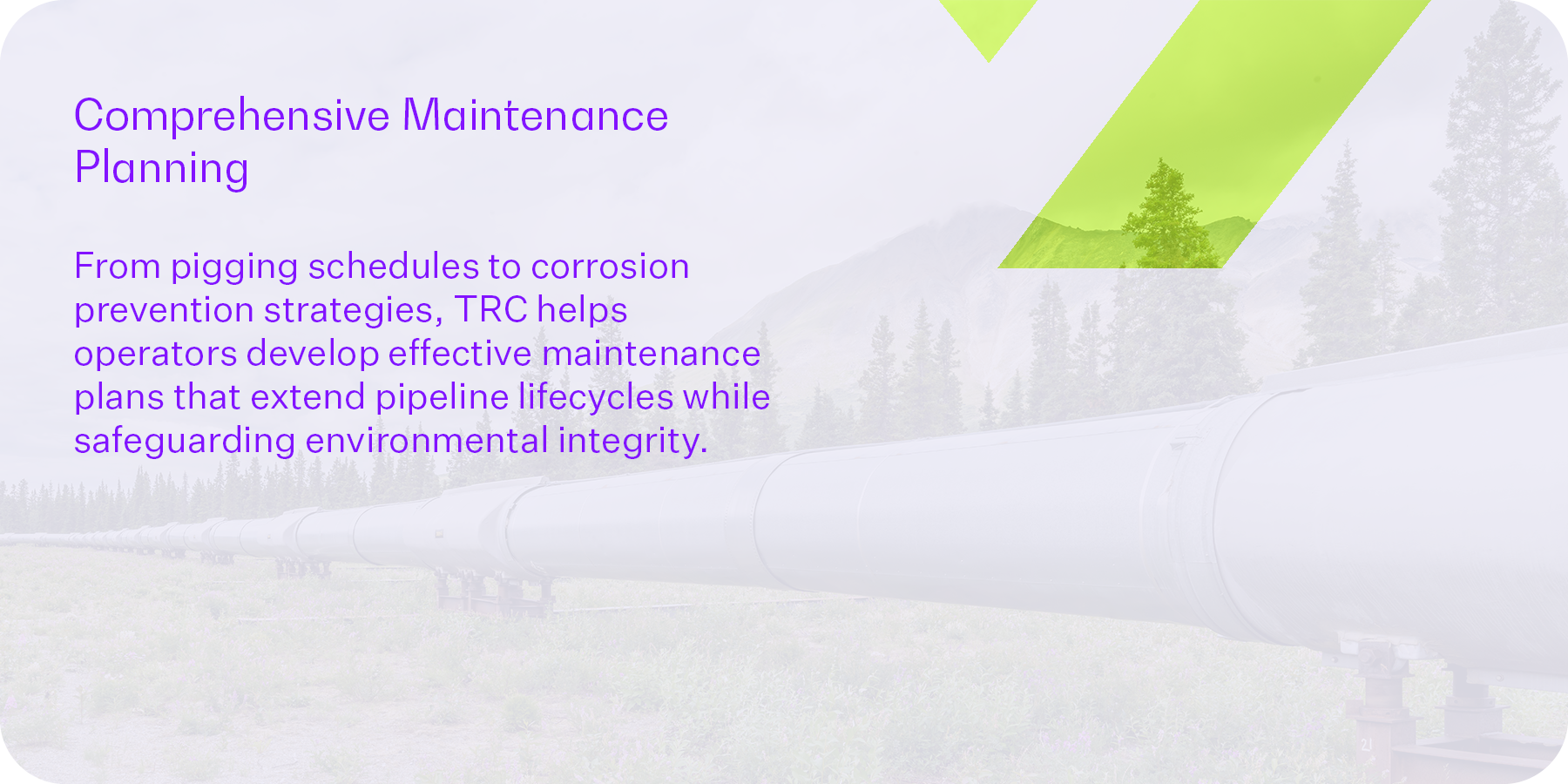Getting Back to Basics: Why the Fundamentals of Pipeline Maintenance Still Matter
In today’s evolving pipeline industry, the significance of foundational maintenance practices cannot be overstated. While advancements in technology have introduced innovative methods to enhance efficiency and accuracy, the core principles of maintenance remain essential for ensuring pipeline integrity, safety and performance. Neglecting these basics can lead to costly failures, environmental damage, and regulatory penalties.
3 Critical Maintenance Activities All Pipeline Managers and Operator Should Be Doing
Performing critical maintenance activities is essential to reducing risk.
- Regular Pigging Operations
Pigging is an indispensable practice for maintaining pipeline cleanliness and identifying potential issues. Cleaning pigs effectively remove debris and buildup that can restrict flow, while smart pigs equipped with advanced sensors detect internal anomalies such as
cracks, dents, or corrosion. Regular pigging optimizes operational efficiency and provides critical data for proactive maintenance planning, integrating innovative technologies into traditional practices. - Monitoring for Corrosion
Corrosion remains one of the most significant threats to pipeline integrity. Implementing cathodic protection systems is crucial in counteracting the electrochemical processes that lead to corrosion. Routine inspections and monitoring ensure these systems function effectively, minimizing the risk of leaks or structural failures. - Pressure and Hydrostatic Testing
Pressure testing, including hydrostatic testing, is vital for verifying a pipeline’s structural integrity. By pressurizing the pipeline above its normal operating level and monitoring for leaks or drops in pressure, operators can identify weaknesses and address them before they escalate. These tests are particularly crucial after repairs or before commissioning new segments, ensuring compliance with industry standards and enhancing safety.
4 Practical Investments for Effective Pipeline Maintenance
To maintain pipeline integrity and ensure safety, operators should invest in appropriate certifications, training and processes.
- Certifications: Ensure staff are certified in relevant standards such as API 1169 (Pipeline Construction Inspection) and NACE certifications for corrosion These credentials reflect expertise in key maintenance areas.
- Training Programs: Provide ongoing training for technicians and engineers on the latest technologies and best practices in pigging, corrosion management, and pressure Hands-on workshops and simulations can significantly enhance understanding.
- Compliance Awareness: Maintain up-to-date knowledge of regulatory requirements from agencies like PHMSA to ensure operations align with legal standards.
- Technology Integration: Equip teams to effectively use modern tools such as remote monitoring systems for data-driven decision-making. Integrating advanced technology ensures that operators can respond swiftly to emerging challenges.
Next Steps: TRC Can Help
TRC’s tested practitioners support pipeline operators by bridging foundational practices with cutting-edge solutions.
By partnering with TRC, pipeline operators can confidently navigate the challenges of maintenance while protecting their assets and the environment. Our commitment to excellence ensures that your operations are not only compliant but also positioned for sustainable success in a todays’ shifting landscape.
Related Services
Gain
Peace-of-Mind
Partner With TRC’s Tested Practitioners





